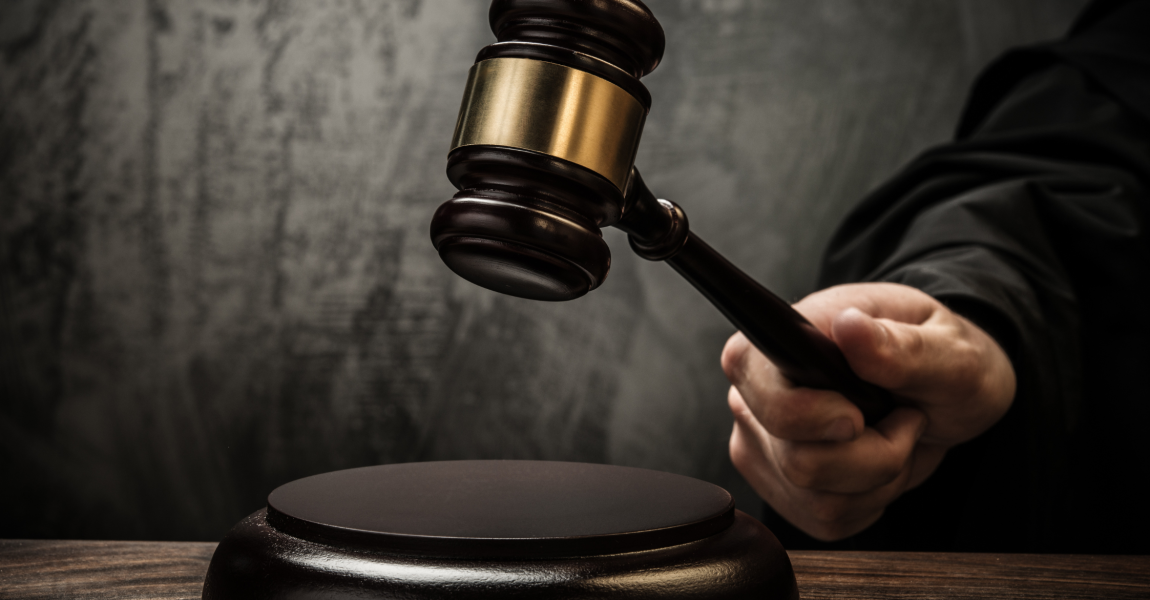
- April 20, 2023
- |Civil Law, Practice, And Procedure, Concise Law Reports (CLR)
Order
- The first, second, third, and fourth defendants’ special plea of non-joinder is dismissed.
- The first, second, third, and fourth defendants must, jointly and severally, the one paying the other to be absolved, pay the plaintiff’s costs of opposing the special plea of non-joinder subject to rule 32(11).
- Parties must file their discovery affidavits and exchange bundles of discovered documents on or before 5 May 2023.
- The parties must file a joint case management conference report and a draft order on or before 8 May 2023.
- The matter is postponed to 11 May 2023 at 08:30 for a case management conference hearing.
Reasons for order
The plaintiff instituted an action for a claim based on alleged defamatory statements published by the defendants in their print media (newspaper). The claim was defended by all defendants. In their joint plea, the defendants raised a special plea of non-joinder of the Minister of Home Affairs, Immigration, Safety, and Security (“the Minister”). The special plea was opposed by the plaintiff. In the main action, the plaintiff claims against the defendants, jointly and severally, the one paying the other to be absolved.
In the furtherance of the ancient rule of natural justice, parties with an interest in the suit must be joined to the proceedings so as to afford them an opportunity to be heard. The interest is, however, not that of any curious person but that of one who has a direct and substantial interest in the subject matter of the litigation.
Damaseb JP in Kleynhans v Chairperson of the Council for the Municipality of Walvis Bay and Others discussed the joinder of a necessary party and said the following:
‘The leading case on joinder in our jurisprudence is Amalgamated Engineering Union v Minister of Labour 1949 (3) SA 637 (A). It establishes that it is necessary to join as a party to litigation any person who has a direct and substantial interest in any order which the court might make in the litigation with which it is seized. If the order which might be made would not be capable of being sustained or carried into effect without prejudicing a party, that party was necessary and should be joined except where it consents to its exclusion from the litigation. Clearly, the ratio in Amalgamated Engineering Union is that a party with a legal interest in the subject matter of the litigation and whose rights might be prejudicially affected by the judgment of the court has a direct and substantial interest in the matter and should be joined as a party.’
‘[23] At the outset it should be made clear that the plaintiff’s damages claim arose from the allegations forming part of the newspaper article titled ‘Top cops plot thickets’ where it was alleged that:
‘One of the police’s alleged enfants terribles is head of logistics Andreas Nelumbu, who allegedly stole a power generator and has been using a police vehicle on his private farm in northern Namibia, charges which were allegedly swept under the rug under Ndeitunga’s stewardship… (the plaintiff) is accused of contravening the State Finance Act, Police Act and Treasury Instructions … it is under his watch that 90 firearms and ammunitions from the police depot in Windhoek vanished into thin air, without a trace.’
[24] The plaintiff claims that the above statements damaged his reputation, good name, and dignity, as a result of which he instituted a personal claim. The question that begs an answer is whether or not the Minister has a direct and substantial interest in the plaintiff’s claim being the subject matter of the litigation. The question may further be whether or not the Minister will be affected or prejudiced by any order that the court may deliver in the main action in view of the relief sought by the plaintiff as quoted above.
[26] In my considered view, no order by the court on the relief sought by the plaintiff can affect or prejudice the Minister. This finding is against the backdrop of the fact that the claim amount is against the defendants for what they are alleged to have done which allegedly injured the plaintiff’s good name and dignity. The retraction of the statements in the article and the apology sought by the plaintiff by equal measure have nothing to do with the Minister.
[30] In view of the above findings and conclusions, the court is of the view that the defendants failed to establish that the Minister has a direct and substantial interest in the subject matter of this litigation. The defendants further failed to establish that the relief sought by the plaintiff in the main action is capable of prejudicing or affecting the Minister, for the Minister to join the proceedings.’
For the reasons set out above, the court found that the special plea raised by the defendants ought to be dismissed for being unmeritorious.